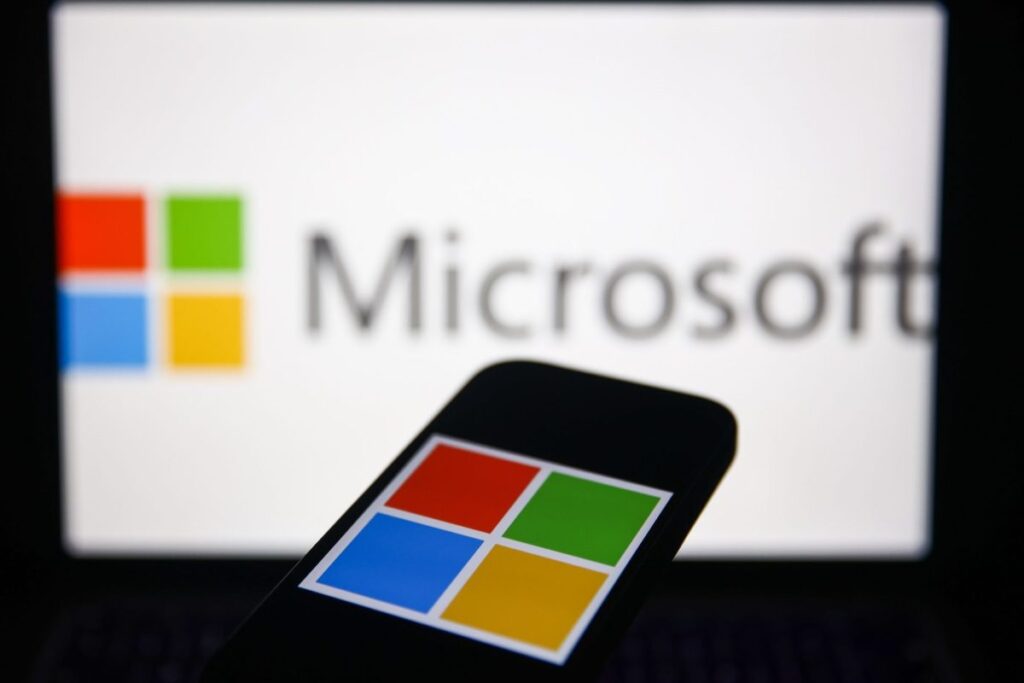Microsoft and OpenAI: A New Era of Collaboration
In a significant shift in the tech landscape, Microsoft, previously the exclusive provider of data center infrastructure for OpenAI, is no longer the sole player in this arena. This change comes on the heels of OpenAI’s substantial new infrastructure deal known as Stargate, which involves partnerships with SoftBank, Oracle, and others.
New Agreement Highlights
Recently, Microsoft announced a fresh agreement with OpenAI, granting it a "right of first refusal" on OpenAI’s cloud computing capacity. What does this mean? Simply put, Microsoft will have the first pick when it comes to hosting OpenAI’s AI workloads on its cloud platform. However, if Microsoft can’t meet OpenAI’s needs, the AI powerhouse is free to look elsewhere for cloud services. This flexibility could pave the way for OpenAI to optimize its AI services and operations.
Microsoft noted in a blog post that OpenAI has committed to a significant Azure investment, ensuring ongoing support for all of its AI products and model training. Notably, the tech giant has also approved OpenAI to expand its infrastructure primarily for research and model training, signaling a deepened collaboration between the two firms.
Tension Under the Surface
While this partnership is being touted as a positive move, it’s essential to acknowledge the underlying tensions. OpenAI has had to contend with limited compute power, which has reportedly delayed product releases. The situation became particularly pronounced when Microsoft, facing pressure from its shareholders, allowed OpenAI to strike a deal with Oracle for additional resources. This shift suggests that while the partnership remains strong, it is not without its challenges.
Long-Term Collaboration
Despite any bumps on the road, Microsoft and OpenAI’s long-standing partnership is set to continue through at least 2030. The agreement still includes access to OpenAI’s intellectual property, revenue-sharing arrangements, and exclusivity on OpenAI’s APIs. However, there’s a catch: if OpenAI achieves artificial general intelligence (AGI)—a point defined in their agreement—Microsoft may lose access to OpenAI’s technologies once the AI begins generating profits exceeding $100 billion.
Interestingly, there are rumors that OpenAI is contemplating nullifying this stipulation to secure even more funding from Microsoft, indicating the close relationship between the two organizations.
The Future of AI Development
According to Microsoft’s recent blog post, "The OpenAI API is exclusive to Azure, runs on Azure and is also available through the Azure OpenAI Service." This exclusive relationship means that customers benefit from direct access to OpenAI’s leading models, all integrated within the Microsoft ecosystem.
As the AI landscape continues to evolve, this partnership is bound to influence the broader industry. While competition may arise between cloud providers, the collaboration between Microsoft and OpenAI could set a precedent for how AI technologies are developed, deployed, and monetized.
Conclusion
As we navigate the future of AI, the relationship between Microsoft and OpenAI stands as a testament to the dynamic nature of tech partnerships. While challenges persist, the agreement underscores a mutual understanding. The AI Buzz Hub team is excited to see where these breakthroughs take us. Want to stay in the loop on all things AI? Subscribe to our newsletter or share this article with your fellow enthusiasts.




